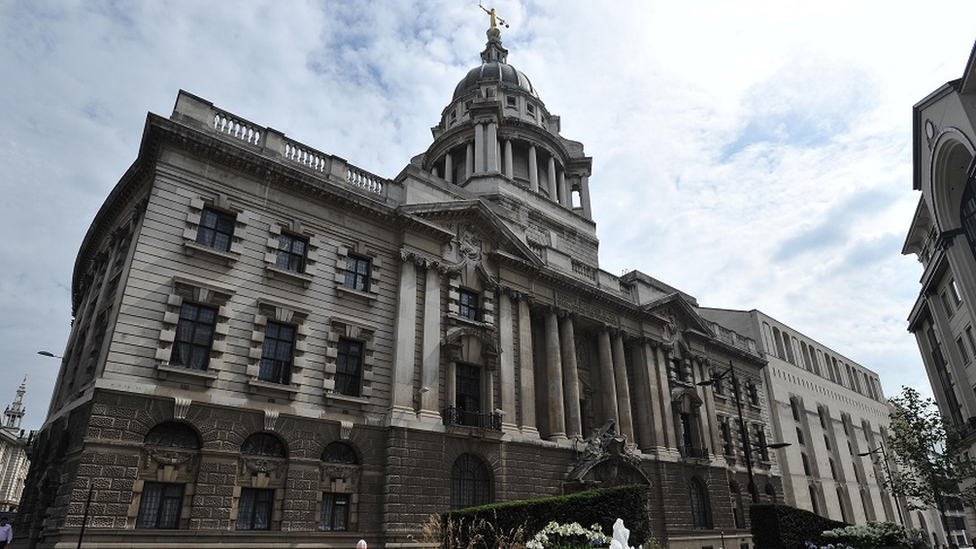First alleged neo-Nazi under special terror powers, BBC learns
- Published

A man has become the first alleged neo-Nazi to be placed under special government powers for monitoring and controlling suspected terrorists, it has emerged.
The man, who is in his 20s, can only be referred to publicly as LXB.
Last year, he was subjected to terrorism prevention measures which place strict limits on what a person can do.
He appeared in court on Friday after admitting he had breached the measures.
LXB has previously been suspected by the authorities of having the potential to carry out a terrorist attack.
Last week he pleaded guilty to two breaches of the measures by having a video camera and memory card without prior approval from the Home Office.
During a hearing at the Old Bailey on Friday, the defendant appeared by video link from prison and was remanded in custody. Sentencing was adjourned until 8 August.
Kate Wilkinson, prosecuting, said LXB had "serious previous convictions".
Terrorism prevention and investigation measures, known as TPIMs, allow the authorities to monitor and control people considered to be terrorists - but who are not facing criminal charges.
MI5 advises the government about who should be subjected to TPIMs.
Subjects face measures such as wearing an electronic tag, being relocated to different parts of the UK, bans on internet use, and limits on who they can meet and where they can go.
Everyone subjected to a TPIM is given legal anonymity and referred to using a cipher. If the measures are breached, the subject can be prosecuted and jailed.
The press and public only ever learn details of individual TPIM subjects when they end up in court for breaches, or for High Court reviews of the measures.
The BBC has previously investigated the use of TPIMs, including how the government was using them to limit activities of the banned al-Muhajiroun, a group which has been linked to multiple attacks and plots in the UK and abroad.
LXB is the first suspected right-wing extremist to have been subjected to a TPIM since the powers were created in 2011.
He is the 29th person to be placed under a TPIM. All the previous 28 subjects were suspected Islamist extremists.
The measures are controversial, with the independent reviewer for terrorism legislation - Jonathan Hall KC - previously saying they were increasingly being used on people with mental health issues.
Related topics
- Published11 February 2021
